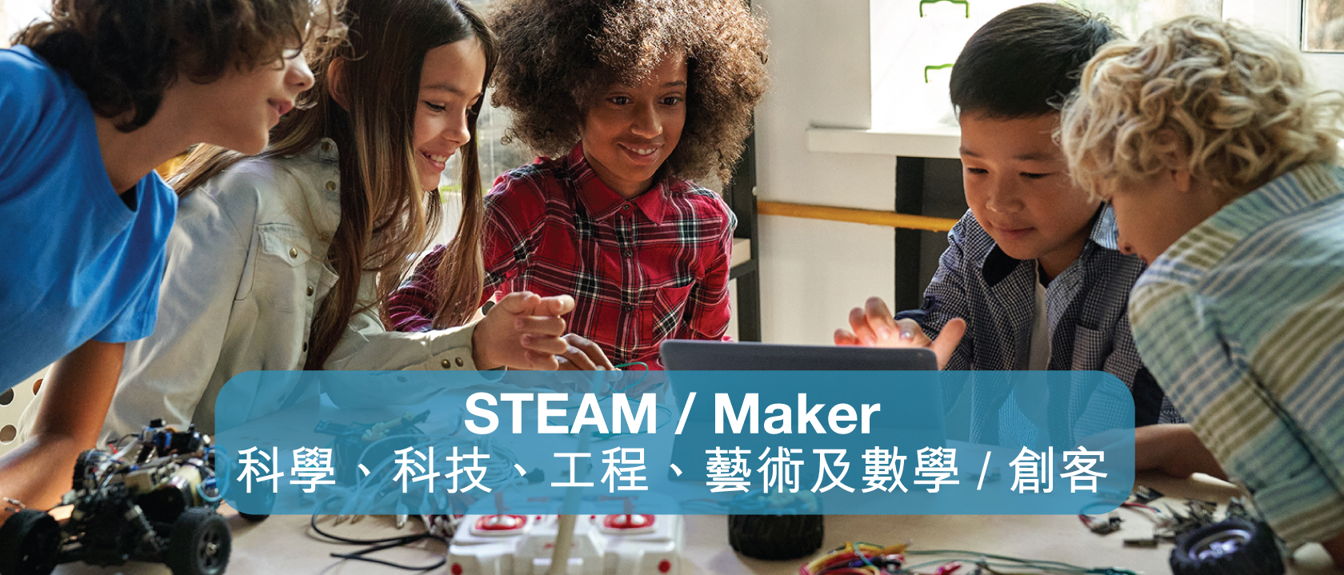
Habitat Green: Energy Sustainability Service-Learning Project in Rwanda
Student Empowerment Theatre
Overview
Under the ‘Capacity Building Scheme for Secondary School Teachers: Promoting Meaningful Social Engagement for Young People through Service-Learning’ project, The Service-Learning and Leadership Office at the Hong Kong Polytechnic University (PolyU) initiated the Habitat Green: Energy Sustainability Service-Learning Project in Rwanda with a total of 37 secondary school teachers and students participating.
The project aims to nurture students’ global leadership and cultural sensitivity within the realms of cross-disciplinary green engineering, appropriate technology, and sustainable living. Teachers and students first received academic training related to sustainable energy in May. They then collaborated with local peers to install solar-energy solutions to families in remote villages in Rwanda in July 2024.
Beyond acquiring knowledge and skills in sustainable energy, participating teachers and students will explore and embrace concepts such as socially responsible leadership, intercultural competencies, racial tolerance, and global citizenship, applying these principles in a practical setting. Teachers could gain invaluable experience in organising and executing offshore service-learning projects, further enhancing their professional development and pedagogical repertoire.
37 secondary teachers and students will install solar-energy solutions for over 40 households at remote villages in Rwanda. During the process, students can enhance the understanding of sustainable energy practices and experience practical application of physics knowledge. They are able to develop global leadership skills and cultivate cultural awareness and intercultural competencies, and thereby promoting their social responsibility and sense of global citizenship. Teachers get the chance to lead service learning projects and develop professionally.
Participants of this seminar will understand:
1. how to arouse interest in Physics and engineering and enhance students' understanding of basic electricity and sustainable energy;
2. provide a hands-on experience in applying technology of their classroom learning; and
3. provide a first-on experience in working with peers from different cultural background

